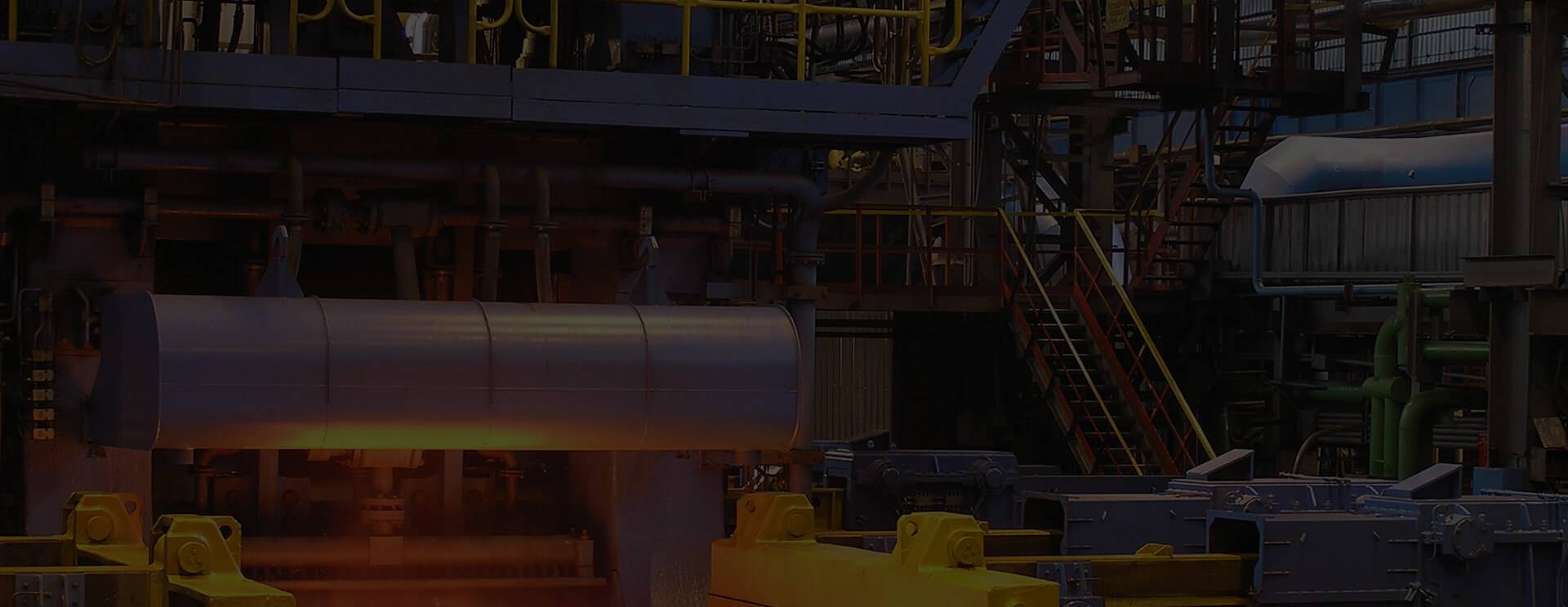loading...
- No. 9, Xingyuan South Street, Dongwaihuan Road, Zaoqiang County, Hengshui, Hebei, China
- admin@zjcomposites.com
- +86 15097380338
- Welcome to visit our website!
fibre reinforced plastic tanks and vessels
The Advantages of Fibre Reinforced Plastic Tanks and Vessels
In various industries, the storage and transport of liquids and gases require materials that are not only durable but also lightweight and resistant to corrosion. Fibre Reinforced Plastic (FRP) tanks and vessels have emerged as a highly suitable solution, combining the advantageous properties of polymers with the strength of fibre reinforcements. This article explores the benefits, applications, and considerations relevant to the use of FRP tanks and vessels in modern engineering and industrial practices.
Understanding Fibre Reinforced Plastics
Fibre Reinforced Plastics are composite materials composed of a polymer matrix reinforced with fibrous materials such as glass, carbon, or aramid fibres. The fibres provide high tensile strength and rigidity, while the plastic matrix offers flexibility and resistance to chemical corrosion. This combination results in a material that is both lightweight and exceptionally strong, making it an ideal choice for constructing tanks and vessels that need to withstand harsh environments.
Key Advantages of FRP Tanks and Vessels
1. Corrosion Resistance One of the standout features of FRP is its inherent resistance to chemical corrosion. Unlike traditional metal tanks, which can rust and degrade over time when exposed to corrosive substances, FRP materials can resist a wide range of chemicals, making them suitable for use in chemical processing, wastewater treatment, and other applications where exposure to harsh environments is common.
2. Lightweight Construction FRP tanks and vessels are significantly lighter than their metal counterparts. This advantage translates into easier transportation, installation, and maintenance. The reduced weight also allows for savings in structural support requirements, which can lead to overall cost reductions in construction and design.
3. Durability and Longevity FRP materials exhibit excellent mechanical properties, providing superior durability and a long service life. They are resistant to impacts, UV radiation, and weathering, which makes them suitable for both indoor and outdoor applications. Properly manufactured FRP tanks can last for decades with minimal maintenance.
fibre reinforced plastic tanks and vessels

4. Cost-Effectiveness Although the initial cost of FRP tanks can be higher than those made from traditional materials, their longevity, reduced maintenance needs, and energy efficiency often result in lower total cost of ownership. Over time, the savings on repairs and replacements can offset any initial investment.
5. Customization Options FRP technology allows for a high degree of customization in tank design and manufacturing. Engineers can tailor the size, shape, and specifications to meet specific project requirements, which is particularly useful for unique applications in a variety of industries.
6. Sustainability As environmental concerns rise, the need for sustainable materials becomes paramount. Some FRP materials are made using recycled fibres, and their long lifespan helps reduce waste. Furthermore, FRP tanks can be designed for energy efficiency, contributing to a lower carbon footprint.
Applications of FRP Tanks and Vessels
The versatility of FRP tanks and vessels has led to widespread adoption across multiple industries. Common applications include
- Water and Wastewater Treatment FRP tanks are widely utilized in water treatment facilities due to their ability to resist corrosion from chemicals and biological agents. - Chemical Storage Many industries depend on FRP vessels for the safe storage and handling of corrosive chemicals, including acids and alkalis. - Food and Beverage In the food industry, FRP is utilized for its ability to avoid contamination and for meeting strict hygiene standards. - Oil and Gas FRP vessels are employed in various capacities within the oil and gas sector, particularly for storage and transport due to their lightweight properties.
Conclusion
Fibre Reinforced Plastic tanks and vessels represent a significant advancement in material technology, offering distinct advantages that address the evolving demands of various industries. Their corrosion resistance, lightweight nature, durability, cost-effectiveness, and customization capabilities make them an essential choice for companies seeking efficient and reliable solutions for storage and transport. As technology continues to advance, the role of FRP in industrial applications is poised to expand, promoting sustainability and innovation in materials engineering.
-
The Rise of FRP Profiles: Strong, Lightweight, and Built to LastNewsJul.14,2025
-
SMC Panel Tanks: A Modern Water Storage Solution for All EnvironmentsNewsJul.14,2025
-
GRP Grating: A Modern Solution for Safe and Durable Access SystemsNewsJul.14,2025
-
Galvanized Steel Water Tanks: Durable, Reliable, and Ready for UseNewsJul.14,2025
-
FRP Mini Mesh Grating: The Safer, Smarter Flooring SolutionNewsJul.14,2025
-
Exploring FRP Vessels: Durable Solutions for Modern Fluid HandlingNewsJul.14,2025
-
GRP Structures: The Future of Lightweight, High-Performance EngineeringNewsJun.20,2025
